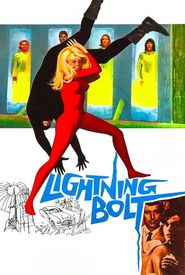Alfonso Balcázar, a renowned writer and director, was born on March 2, 1926, in the vibrant city of Barcelona, located in the autonomous community of Catalonia, Spain. This significant event marked the beginning of a life that would be filled with creative endeavors and a passion for storytelling.
As a writer and director, Balcázar was responsible for bringing numerous projects to life. Some of his most notable works include the 1967 film "Electra One", the 1972 film "The Night of the Scorpion", and the 1972 film "Watch Out Gringo! Sabata Will Return". These films showcased his ability to craft compelling stories and characters that captivated audiences.
Sadly, Alfonso Balcázar's life came to a close on December 28, 1993, in the charming coastal town of Sitges, which is also located in the province of Barcelona, in the autonomous community of Catalonia, Spain.


















